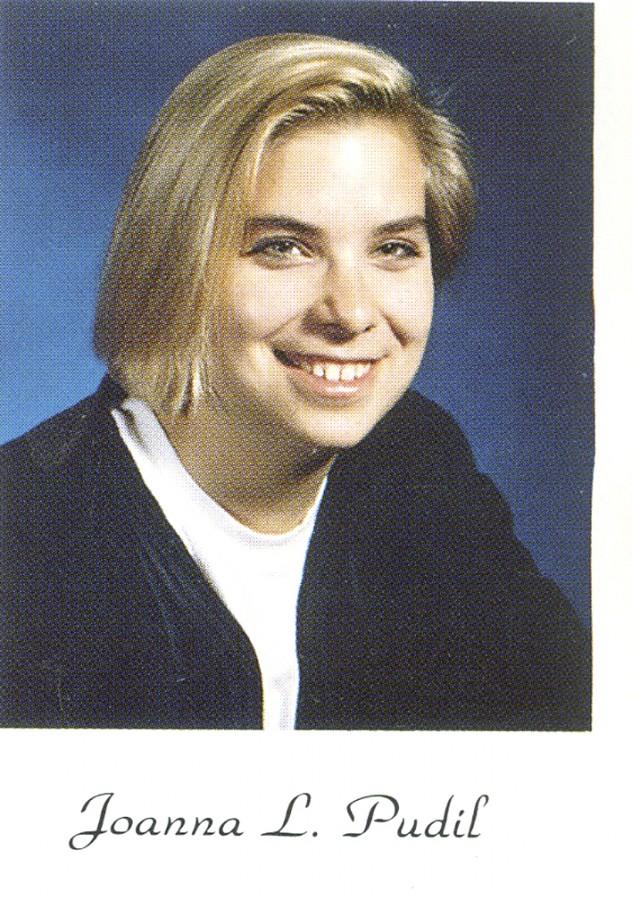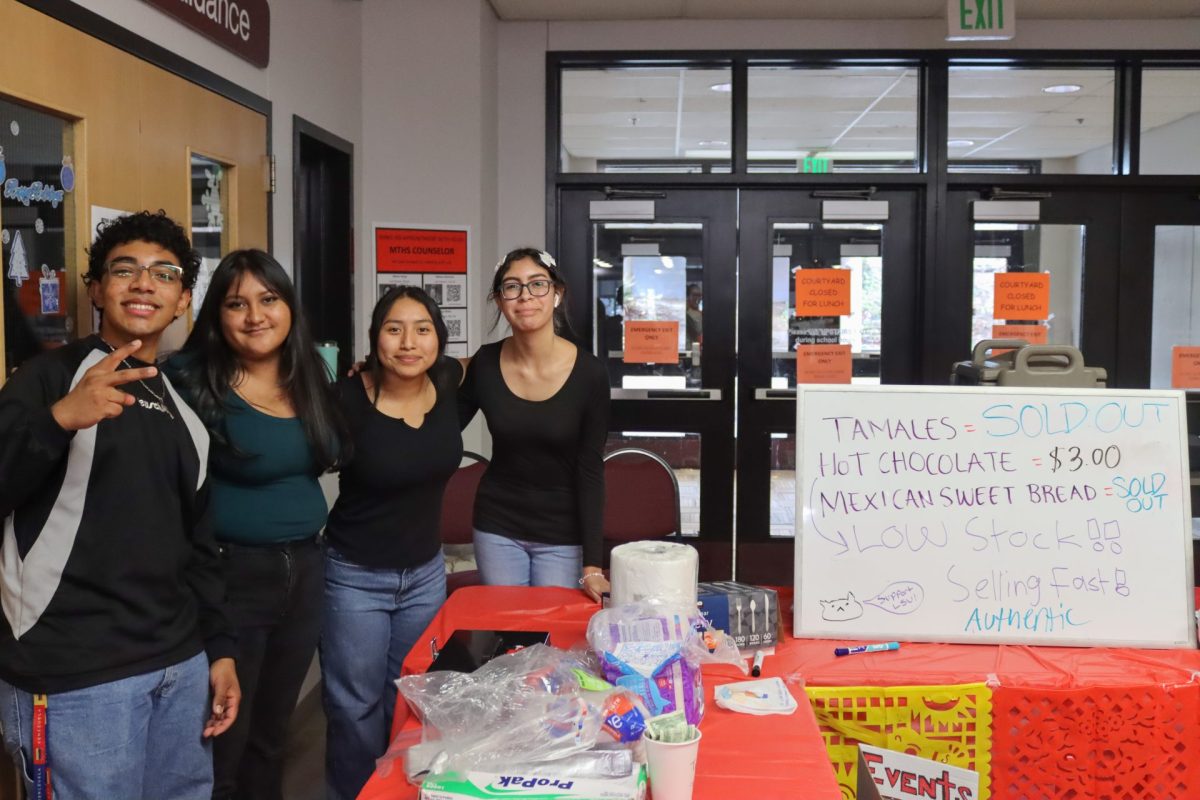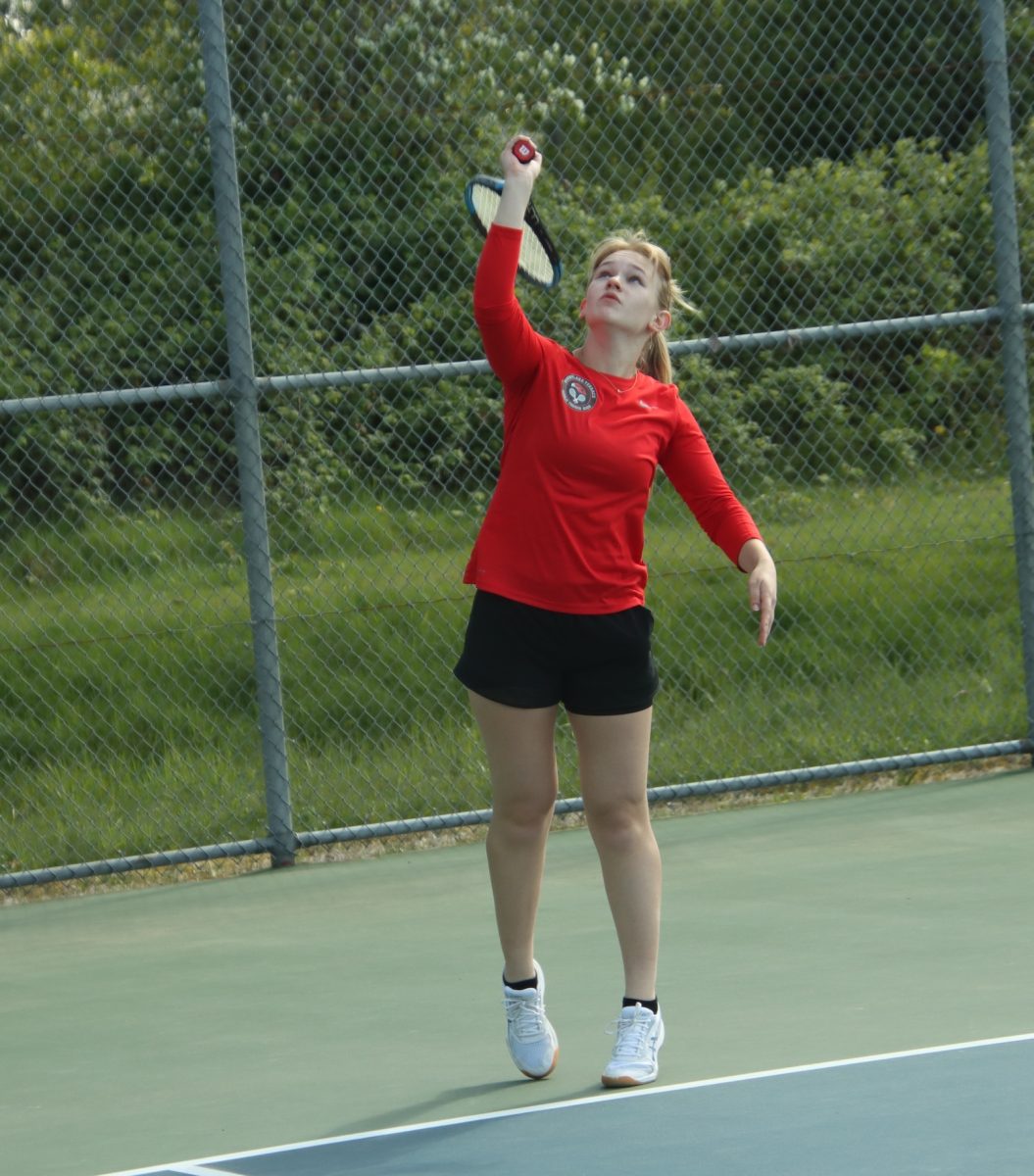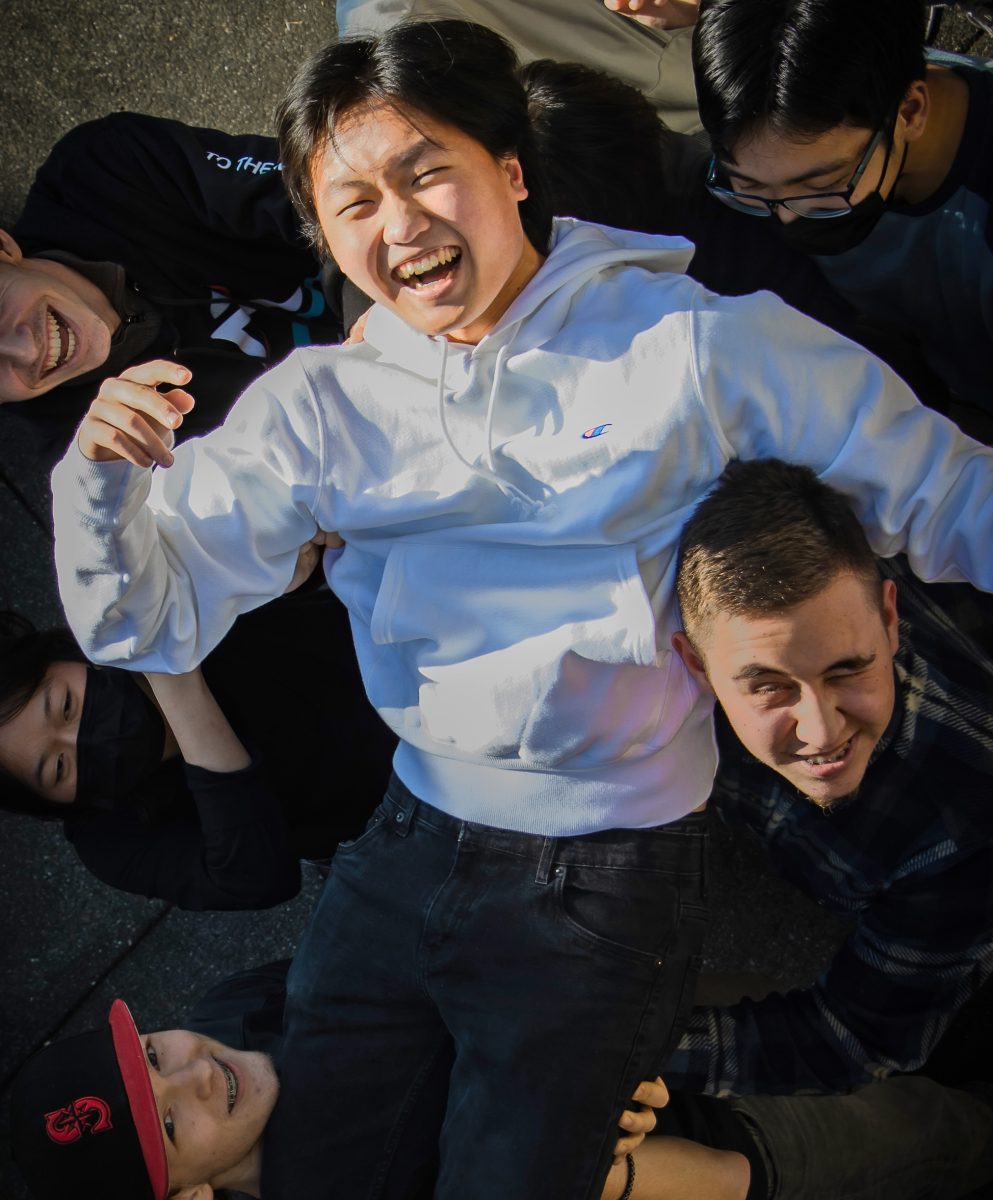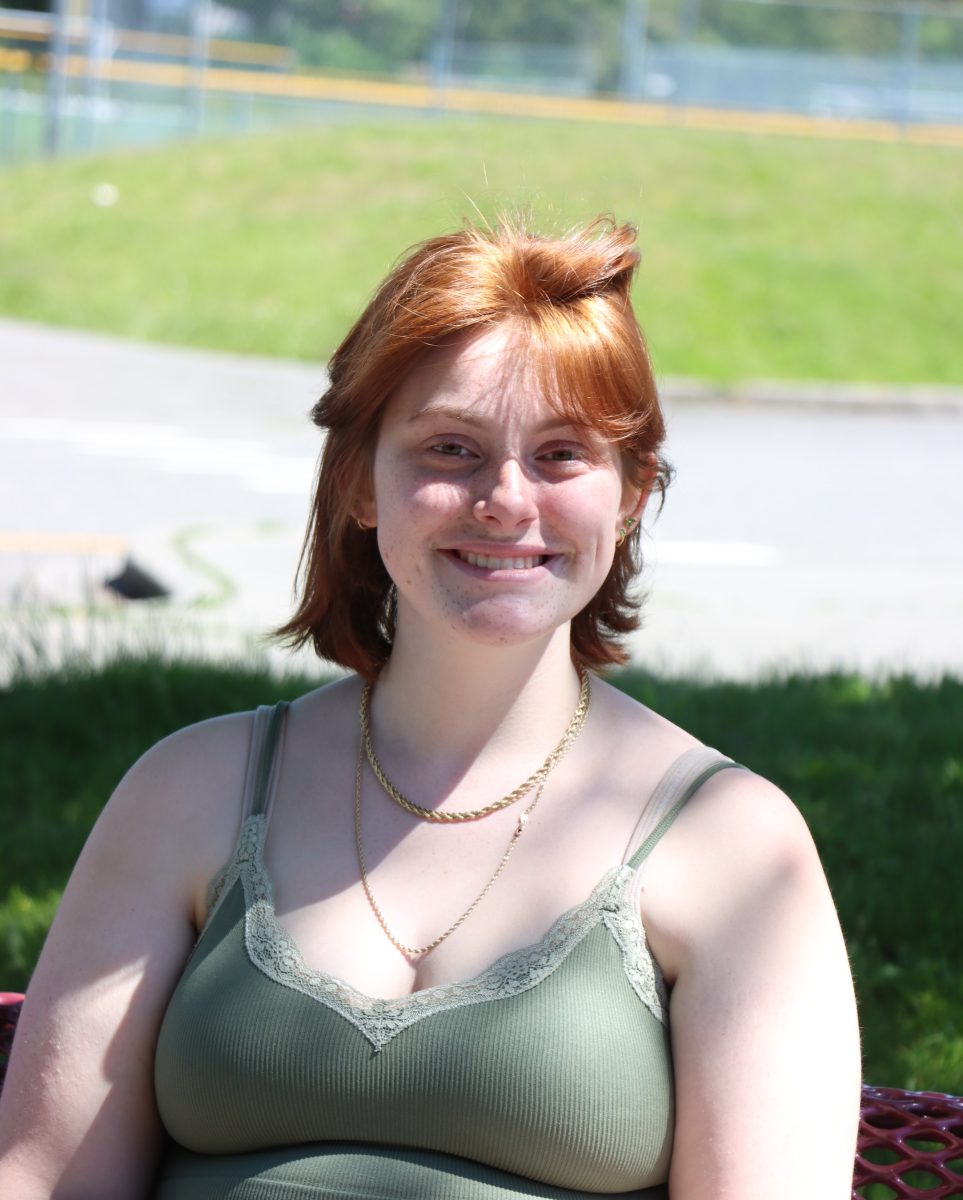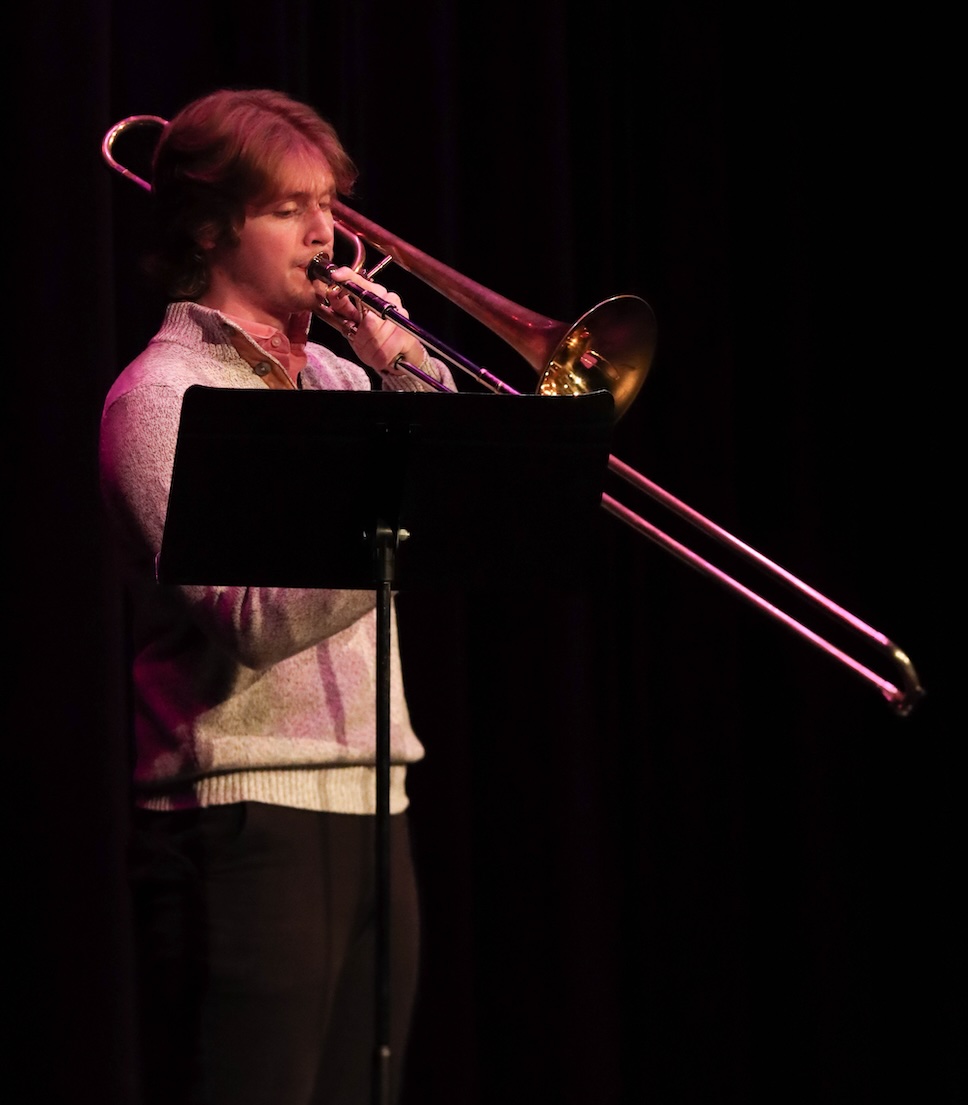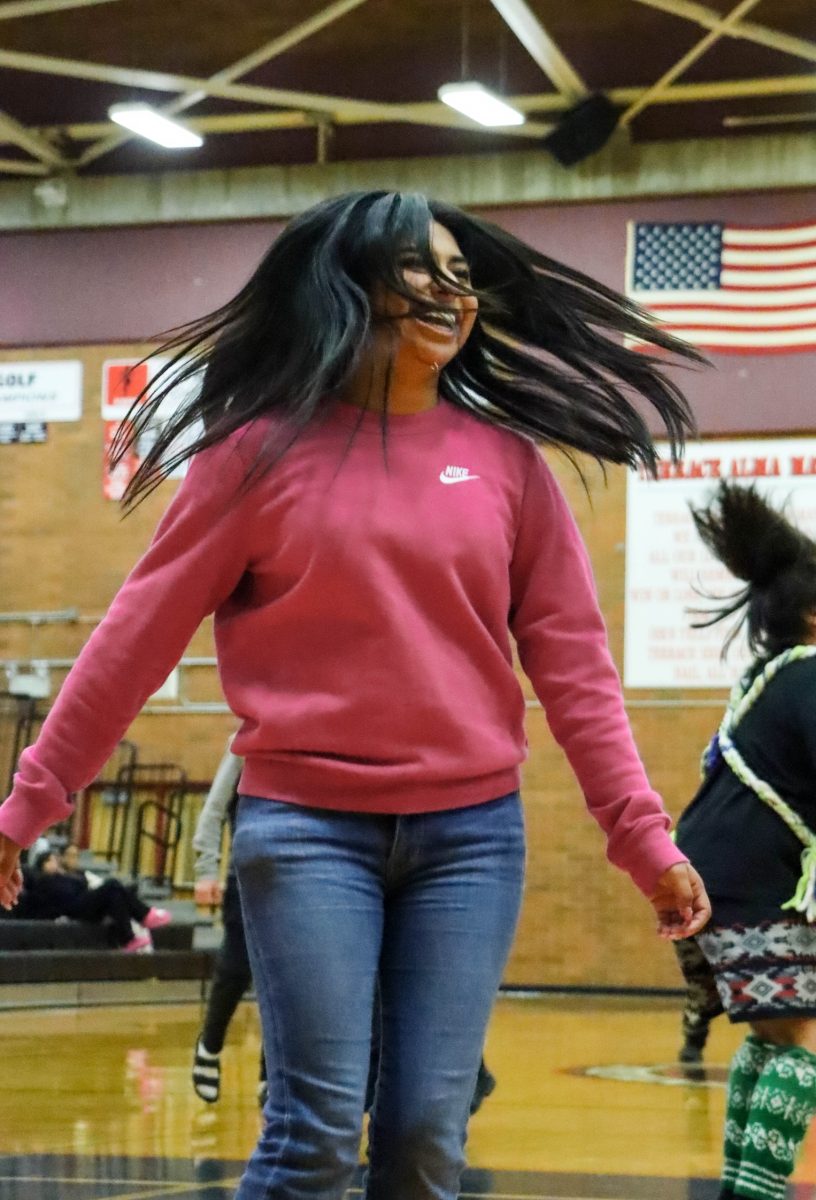As people covered in ash ran past her yelling out for medical attention, her husband said, “Don’t you dare,” on the other end of the line.
An active social worker who found herself at the World Trade Center on Sept. 11, 2001, Joanna Pudil saw no choice but to stay at the scene of the terrorist attack to help those who needed medical and psychological care.
“When I got a good look at what was happening, I saw inches of ash and people trying to dig through it and find people. Eventually, I came to the realization that if anyone was still in the Trade Center, they were dead and there was no one else to help,” Pudil recalled.
Since graduating from MTHS in 1988, Pudil has been pursuing her career in social work in New York.
Straight out of high school, Pudil was accepted to Marymount Manhattan College, a small liberal arts college in New York City.
Pudil said going to college in New York fulfilled two of her goals at once: getting away from her parents and studying psychology. Since moving to the city, Pudil has never thought of turning back.
“Mountlake Terrace [the town] was killing me. My family drove me crazy, it was boring. I’ve always been a city person,” Pudil said. “In middle school, I would have never imagined myself in New York City, but by sophomore year I realized I really liked the idea that I could study psychology and I could do it in NYC.”
After getting her BA in psychology, Pudil took a backpacking trip through Europe. She traveled alone through six different countries with her unlimited rail pass.
When she returned to New York, she held a job as a substance abuse counselor for a while before going back to school at the City College of New York to get her master’s degree in psychology.
She took time off of school and work to backpack through Kenya with a friend who was a teacher in the Peace Corps and was taking the summer off.
Before returning to college once again, she worked in a psychiatric unit specializing in work with Mentally Ill Chemical Abusers [MICAs]. She then attended Hunter College and received an additional master’s in social work in May, 2001. Just months afterward came the Sept. 11 terrorist attack.
Pudil had jury duty that day. She was riding the subway on the way to the courts when the trains stopped working. It took two hours before passengers could climb above ground.
When she reached the streets, her husband called her. He told her they were under a terrorist attack.
She ran and went with other volunteer aides who gathered in the clinic in front of the court to gather supplies.
They set up a triage center in a nearby high school in order to help and treat injured people from the burning towers.
Pudil had been trained on how to console people in traumatic situations, so she consoled health workers, volunteers and survivors.
When the trains turned back on at midnight and there was no one left to help, she began to make her way home. She walked through Manhattan still covered in ash and recalls looking into a restaurant and seeing people out eating dinner.
“To see that life was still going on and [still] normal was kind of crazy,” Pudil said.
After the Sept. 11 attacks, Pudil did trauma work in schools in an effort to bring everyone back to normal life.
“It was hard to go back to normal when it first happened. I went to schools to help students and teachers try to understand what just happened,” Pudil said.
Driven by the same force that compelled her to help people during the terrorist attacks of Sept. 11, Pudil jumped into another job in social work one year after the terrorist attacks.
She became the project director for Services To Assist Youth (STAY), which provides health services to young adults who have or are at a high risk of getting HIV.
A large portion of Pudil’s job is centered around preventing the spread of HIV and other sexually transmitted infections (STIs). To do this, she makes presentations on sex education at schools. She also made a documentary featuring some of her patients’ stories.
“[The documentary] talks about the different ways they got HIV. There are lots of different reasons why people get the disease, so by making it we were trying to break the stereotypes,” Pudil said.
Another aspect of Pudil’s job is treating adolescents with HIV physically and mentally.
By taking a pill once a day, most HIV-positive individuals have a normal lifespan.
However, many of them do not believe they can lead normal lives. Pudil said many of them feel “dirty, used and not as good as everyone else.”
Pudil and the other members of Project STAY run support groups, therapy sessions and group outings for the patients in order to help them lead normal lives.
“Many [HIV-positive individuals] think their lives are over. We try to show them they can still do so much more,” Pudil said.
Pudil said many of her patients go on to lead successful lives. However, sometimes patients will “fall out of care” either by disappearing, falling out of touch or refusing to help themselves.
“It’s hard to step back and watch them make those choices, but I have to let them,” Pudil said.
At times it can be difficult, but Pudil said she enjoys her career.
“I love my job. I really look forward to working with my patients every day,” Pudil said. “It’s not a profession you get rich at, but you get rich in different ways. You make the world a better place.”
At her 20-year high school reunion in 2008, Pudil said she ran into an old friend named Aaron Day. He told her, “I knew you’d grow up to do something like that, I knew you’d grow up to change lives.”

